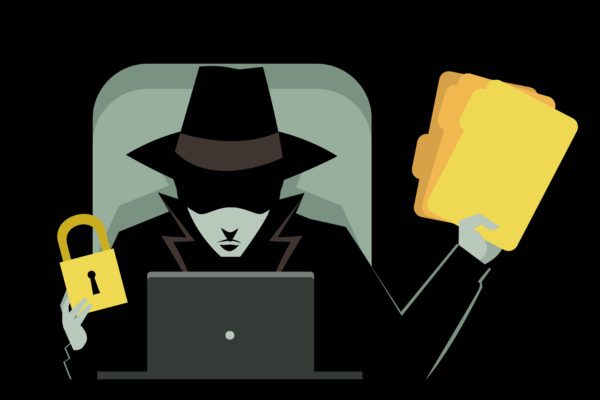The work of Troy Hunt, an Australian researcher, for the ‘Have I been Pwned’ project is making security and password setting online a real priority. The, ‘Have I Been Pwned’ project is a compliation of numerous tools that stop users from keeping easy to guess and silly passwords for their online logins.
Hunt has for some time now been collecting data exposed through breaches, which is why the ‘Have I Been Pwned’ (HIBP) initiative has given users the much needed feasibility to check if their name, passwords, emails and other secure details were part of public data breaches.
HIBP’s Pwned Password Service
Recently during the summer of 2017, Hunt brought to the market a new feature for the HIBP. This new feature included a website section by the name of Pwned Passwords, where users could easily crosscheck whether the password they had in mind was part of the leaked data sets or not. The feature does sound really creepy, considering you would have to enter your soon-to-be password in a search form for a website, but Hunt has garnered the trust of many individuals during his work in the past few years.
This new service is incredibly useful, since it gives you a way to secure all your future passwords. Regardless of whether you have a weak password currently, you can easily ensure that you don’t pick up a silly password, or one that was already used by someone who had seen their account being compromised, going into the future.
Pwned Passwords V2
Hunt recently revamped the service for Pwned Passwords and launched the version 2 a week ago from now. The new version is better equipped than before and includes no less than 501,636,842 passwords that have been compromised. Like the first version, this one is also available on the website for pwned passwords online and can be accessed through an archive that can be downloaded for future references by users. The project has received the much needed nod of approval from all government entities and it is expected that the pwned passwords service would come in handy for IT staffers and government domains.



